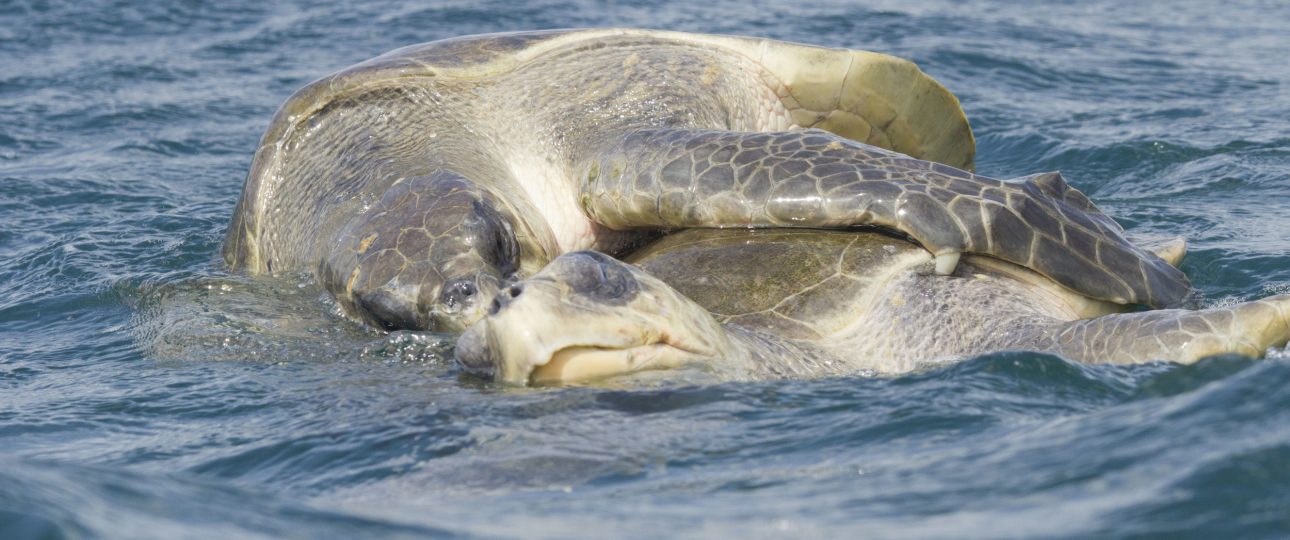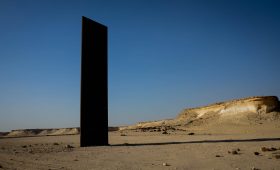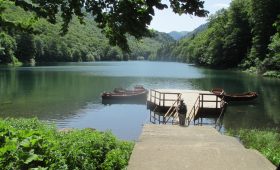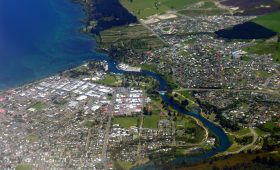Location and Background
La Flor Wildlife Refuge is a notable conservation area on Nicaragua’s southern Pacific coast, approximately 18 kilometers south of San Juan del Sur. Spanning around 800 hectares, this refuge is distinguished by its white sand beaches, tropical dry forests, and the adjacent Pacific Ocean. It was established to safeguard critical nesting sites for sea turtles, making it an essential sanctuary for these marine creatures.
Conservation Efforts
The refuge is a vital nesting ground for Olive Ridley turtles, with about 30,000 arriving annually to lay eggs. The nesting season extends from July to January, with peak activity in October and November. Managed by Fundacion Cocibolca, the refuge collaborates with local communities to bolster conservation efforts. Park guards are tasked with protecting turtle eggs from predators, including birds of prey from the surrounding forests. Visitors can observe the nesting process, but it’s crucial to adhere to guidelines to minimize disturbance.
Best Time to Visit
For an optimal experience, visit during the peak nesting months of October and November. This period offers a unique chance to witness the turtles in action. For a quieter experience, consider visiting during the shoulder months of July to September or December to January. Always check with local authorities or tour operators for the latest updates on nesting activities.
How to Get There
La Flor Wildlife Refuge is accessible from San Juan del Sur, a popular tourist hub with various accommodation options. Here are some ways to reach the refuge:
- By Car: Rent a 4×4 vehicle for a scenic coastal drive. Follow the signs from San Juan del Sur to La Flor.
- By Public Transportation: Take a bus to the nearby town of Ostional, then arrange a taxi or motorbike ride to the refuge.
- By Guided Tour: Numerous operators in San Juan del Sur offer tours to La Flor, providing a hassle-free and informative experience.
Local Transportation
Once at the refuge, explore on foot via well-maintained walking trails. Some areas may be restricted to protect nesting sites, so respect all guidelines to help preserve the ecosystem. Camping is available for those wishing to stay overnight, and a small entrance fee is required.
Wildlife and Ecosystems
Beyond sea turtles, La Flor hosts diverse wildlife, including monkeys, iguanas, coyotes, and numerous bird species. The tropical dry forests and mangroves offer rich biodiversity, making it a haven for nature enthusiasts. Bring binoculars for birdwatching and enjoy the natural beauty of this protected area.




